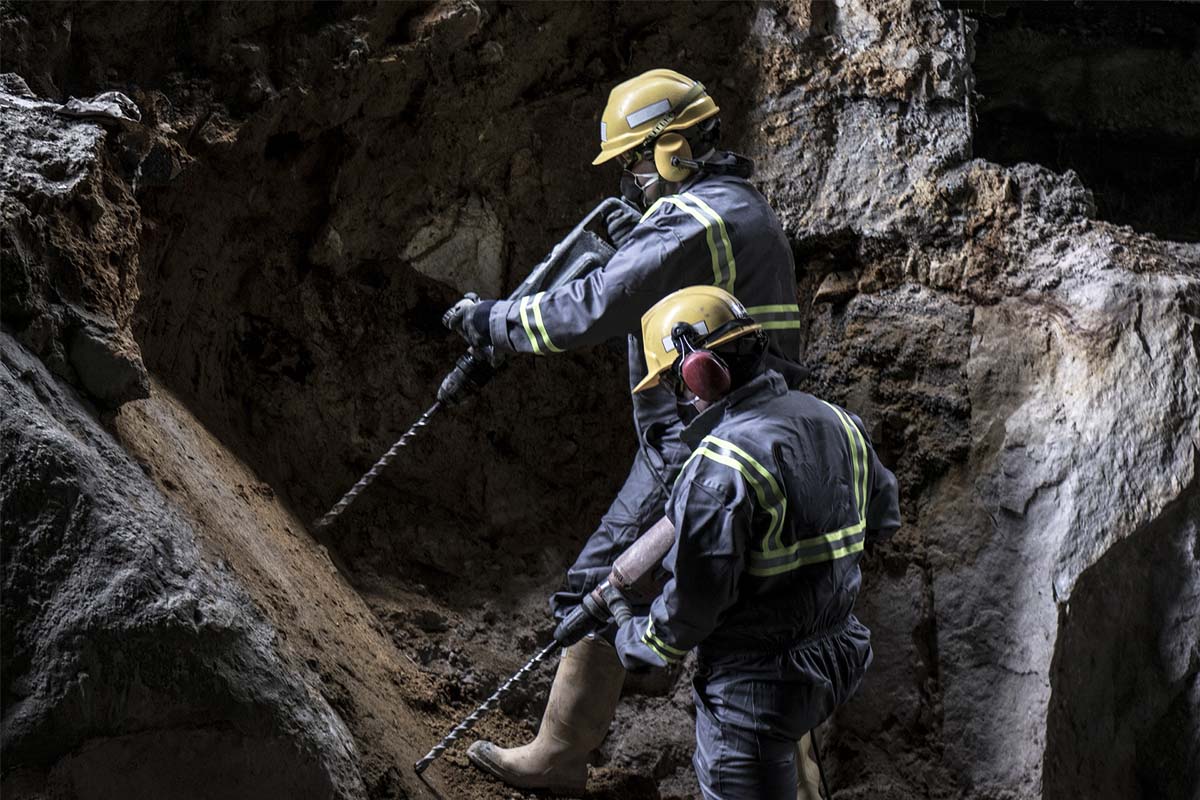The Supreme Court last week set aside the National Green Tribunal’s ban on coal mining in Meghalaya with the caveat that mining can take place with a mining plan in place and in compliance with the Central Mining Act, says a report in the Guwahati-based Assam Tribune.
“It is a landmark and historic judgment,” Chief Minister Conrad Sangma and his deputy, Prestone Tynsong, said. “The Supreme Court has passed the order based on a petition filed by the state government last year,” Tynsong added. Welcoming the decision of the Supreme Court, the Chief Minister termed the judgment as a “victory of the people, especially the tribal community”. The order underlined the ownership rights of the tribal population of the state over their land. It said that subject to compliance of the Mines and Mineral (Development and Regulation) Act (MMDR), 1957, and with a mining plan in place, the tribal population can go ahead with coal mining.
Advertisement
Constitutionally, Meghalaya is a Sixth Schedule State and the tribals have the right over their land and the minerals lying therein. The judgment underlined this fact. On the other hand, under the MMDR Act, no person can undertake mining activities without a licence or lease granted by the state government and approved by the central government. The Meghalaya government has been lobbying with the central government to get the state exempted from the MMDR Act as it has overriding powers irrespective of the Sixth Schedule status. Therefore, in a way, the judgment only re-emphasised the importance of the MMDR Act and its compliance. The local population has to adhere to the stringent clauses of the Act.
Meanwhile, the state does not have a mining plan and is working to get one with the technical support of the Central Mine Planning and Design Institute and the Mineral Exploration Corporation Limited. Once the mining plan is drafted, it has to be approved of by the state and central governments. “We are working on having a mining plan soon,” Tynsong said. The objective of the mining plan is to keep the local sentiments intact, and ensure protection of the environment as well as safety of miners.
The Supreme Court, in the same order, stated that the Rs 100-crore penalty imposed by the NGT on the state government recently for failing to check illegal mining need not come from the state exchequer. It ruled that the amount should be given to the Central Pollution Control Board from the Special Reclamation Fund, which was created for collecting fines and penalties from miners engaged in illegal mining.











